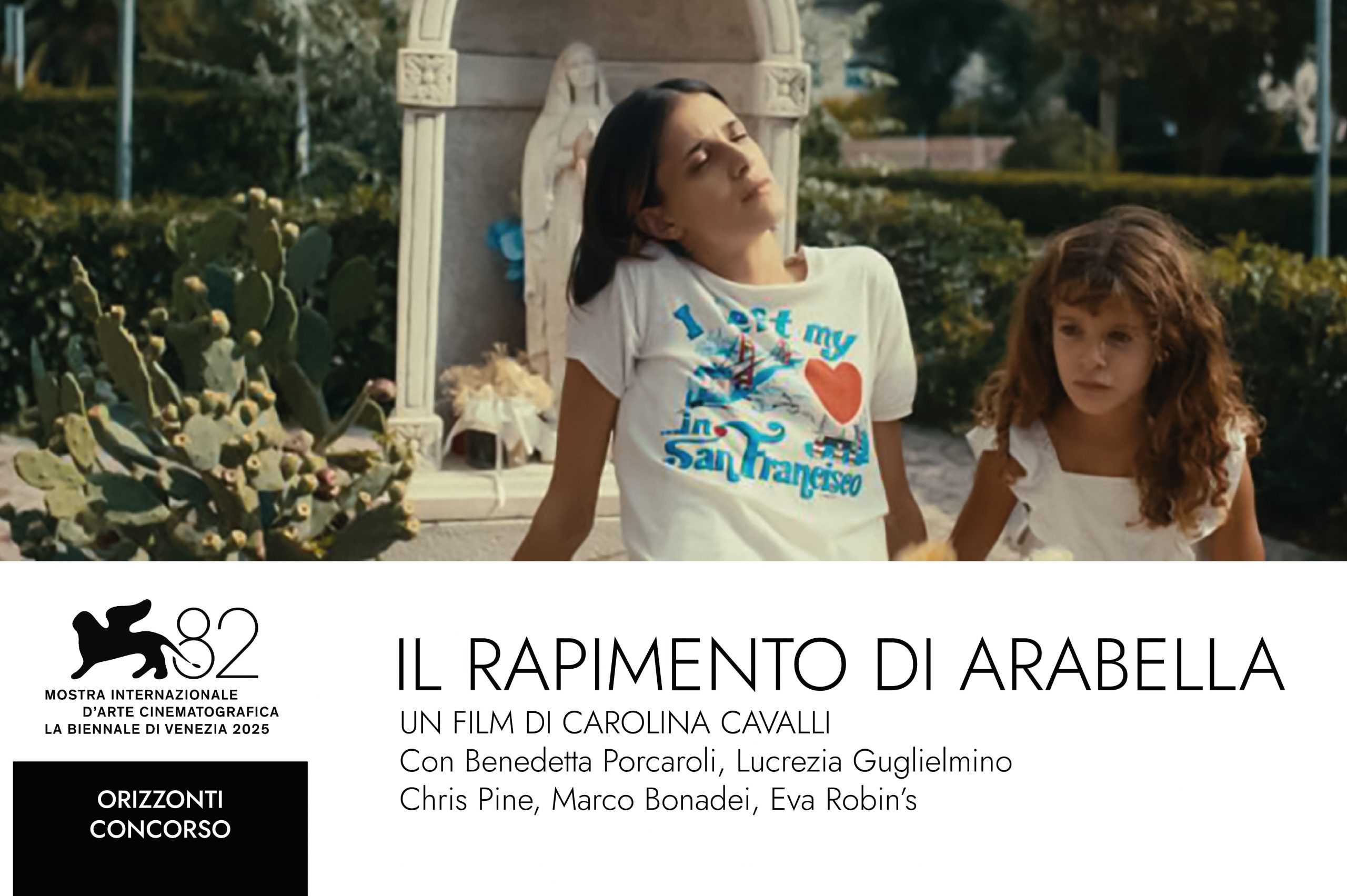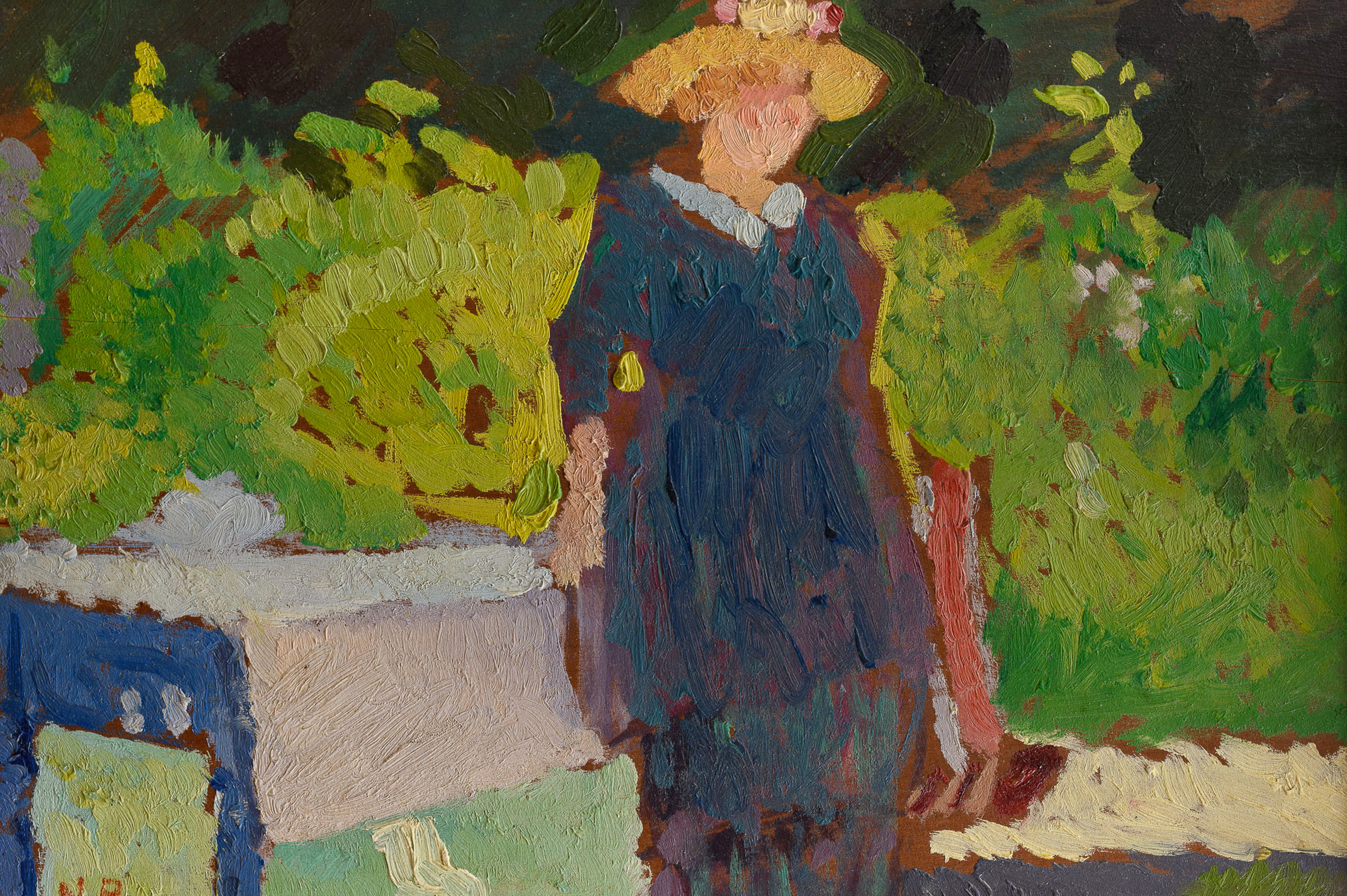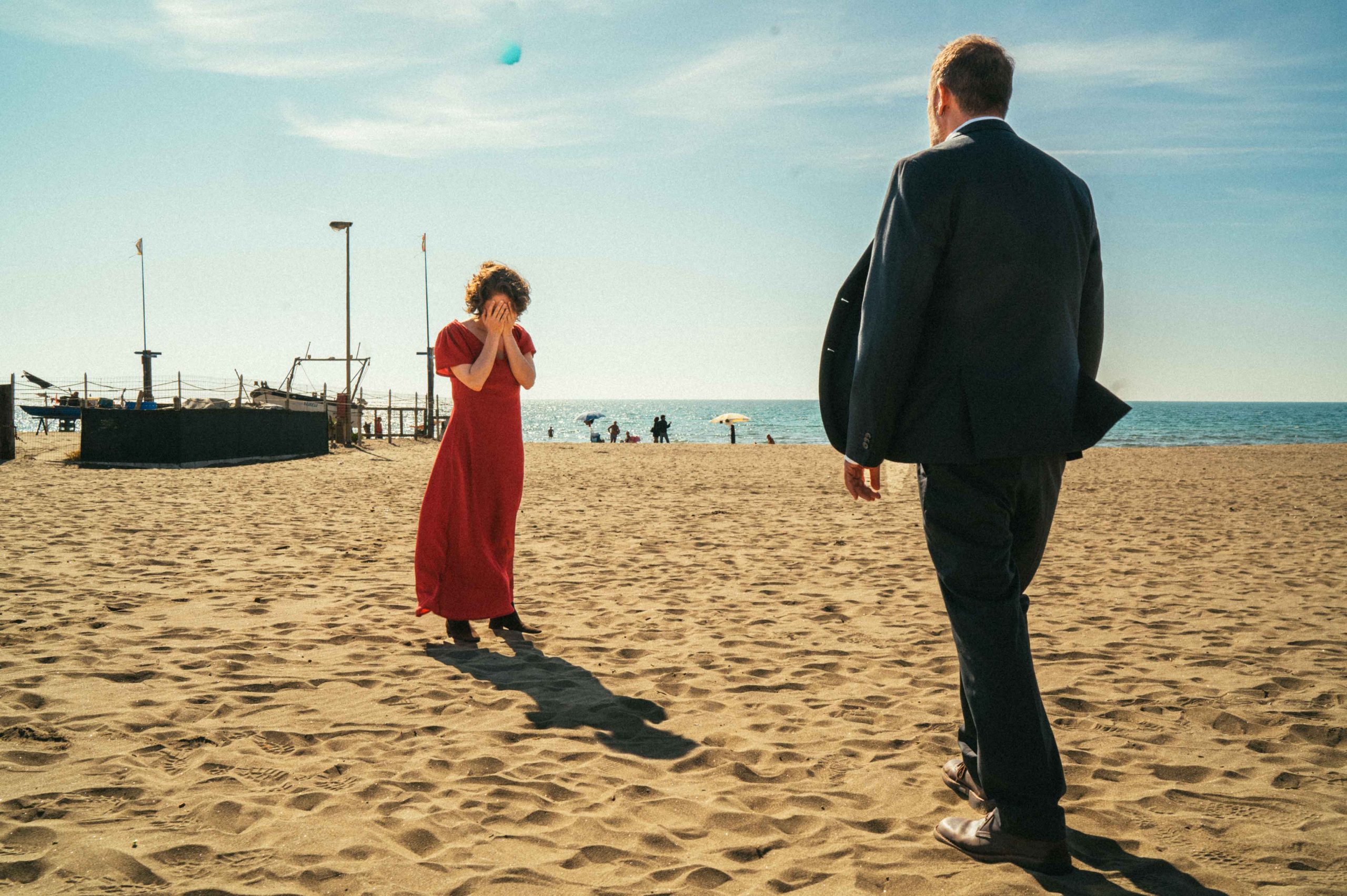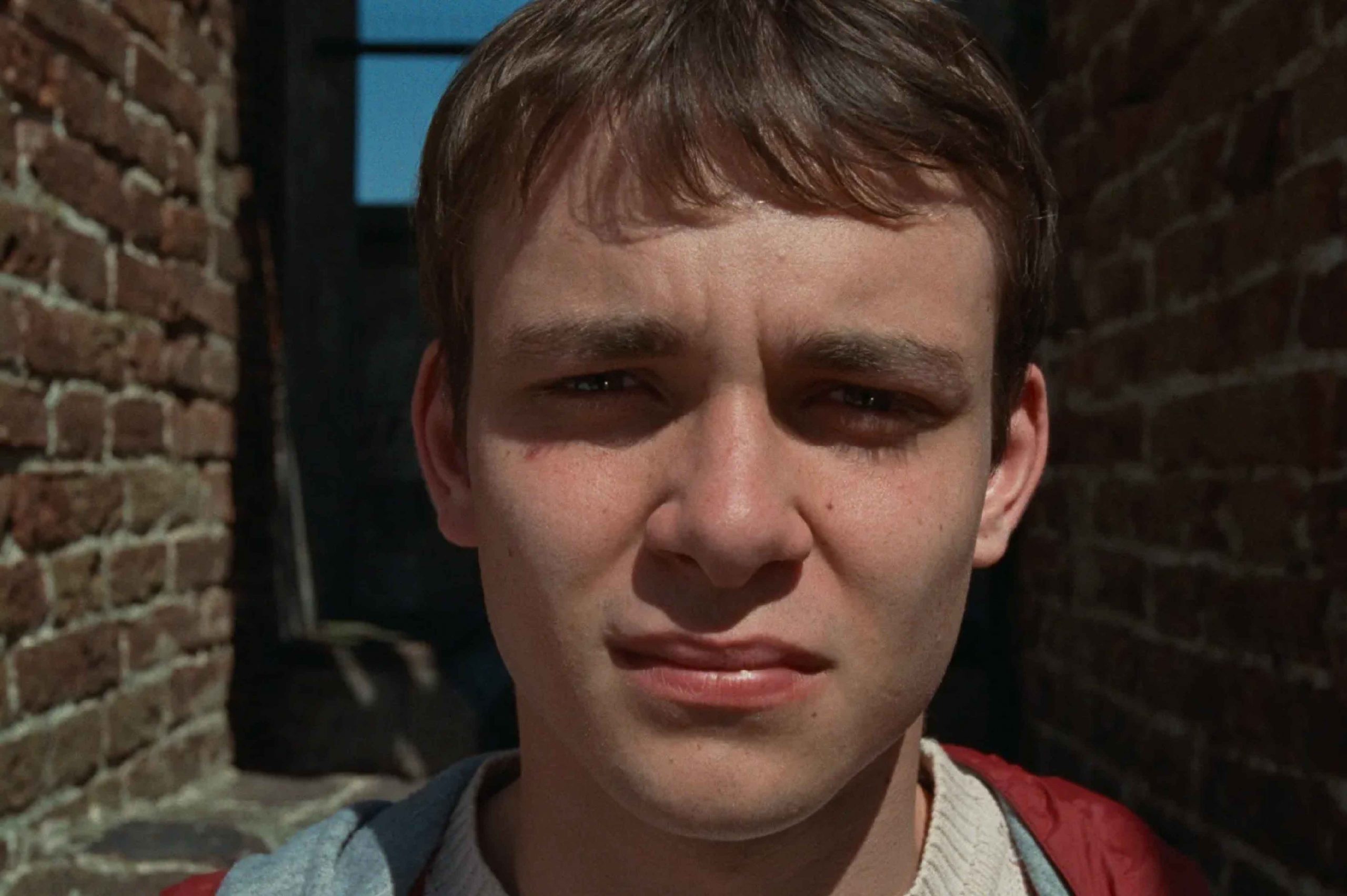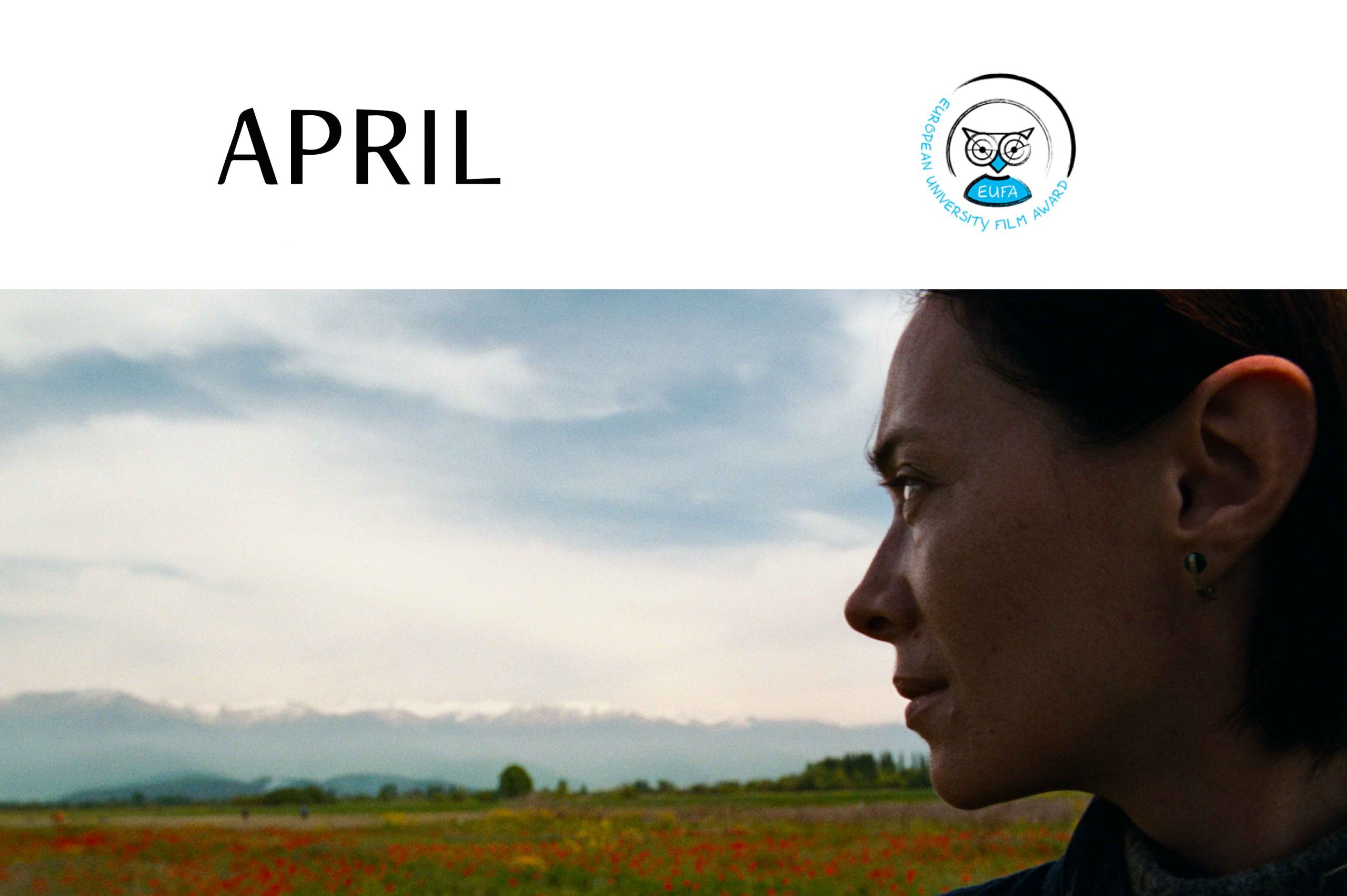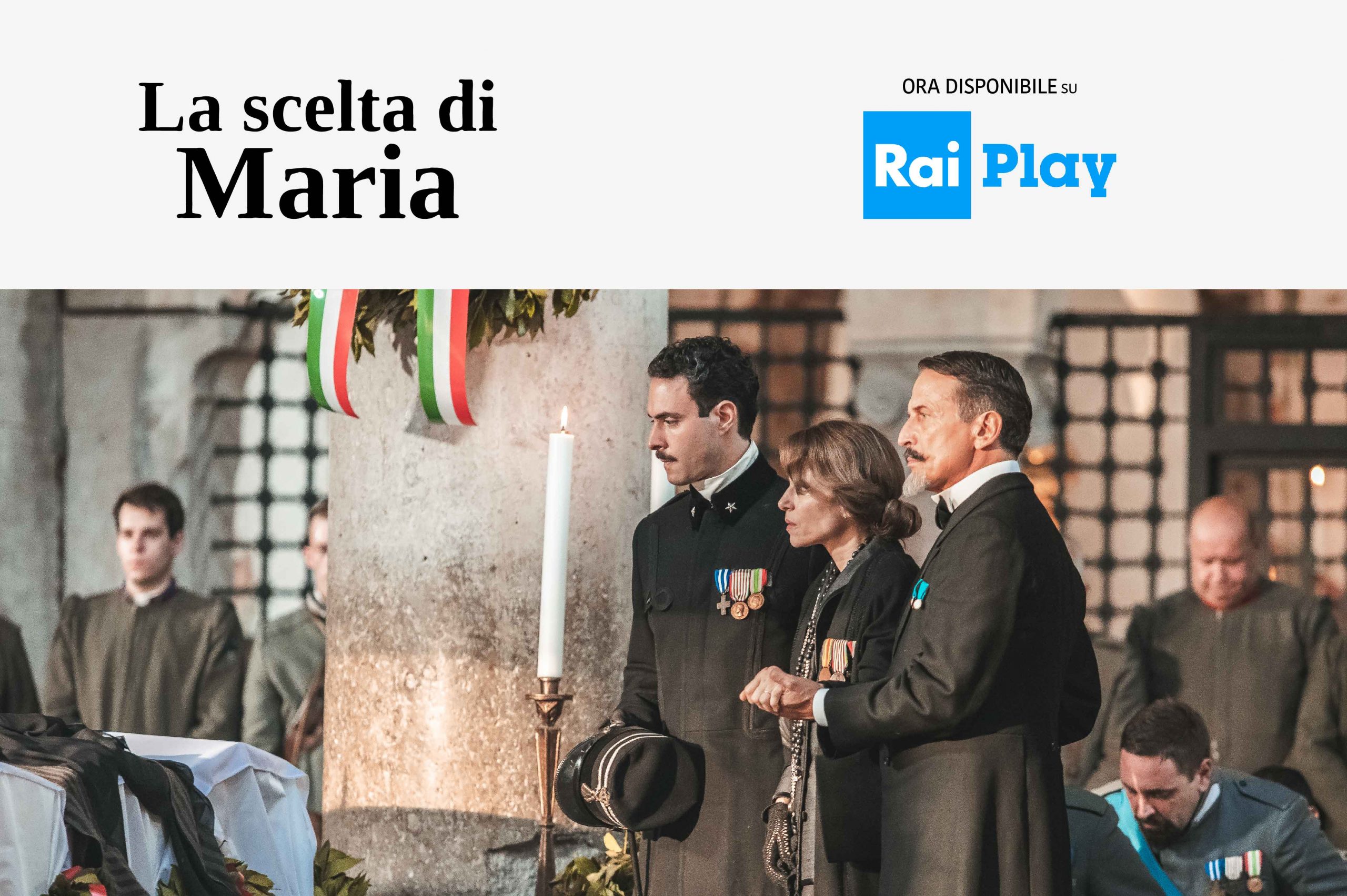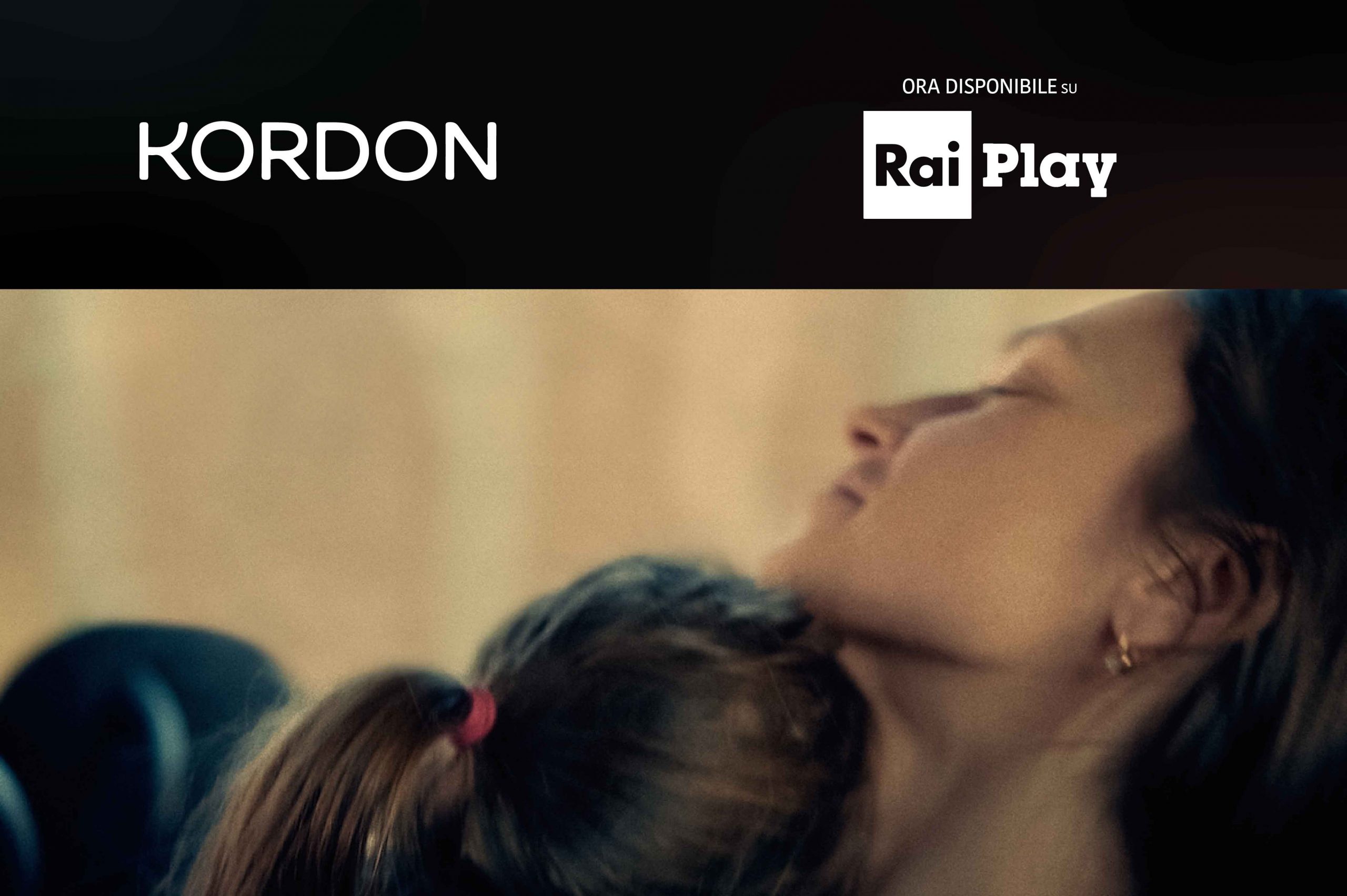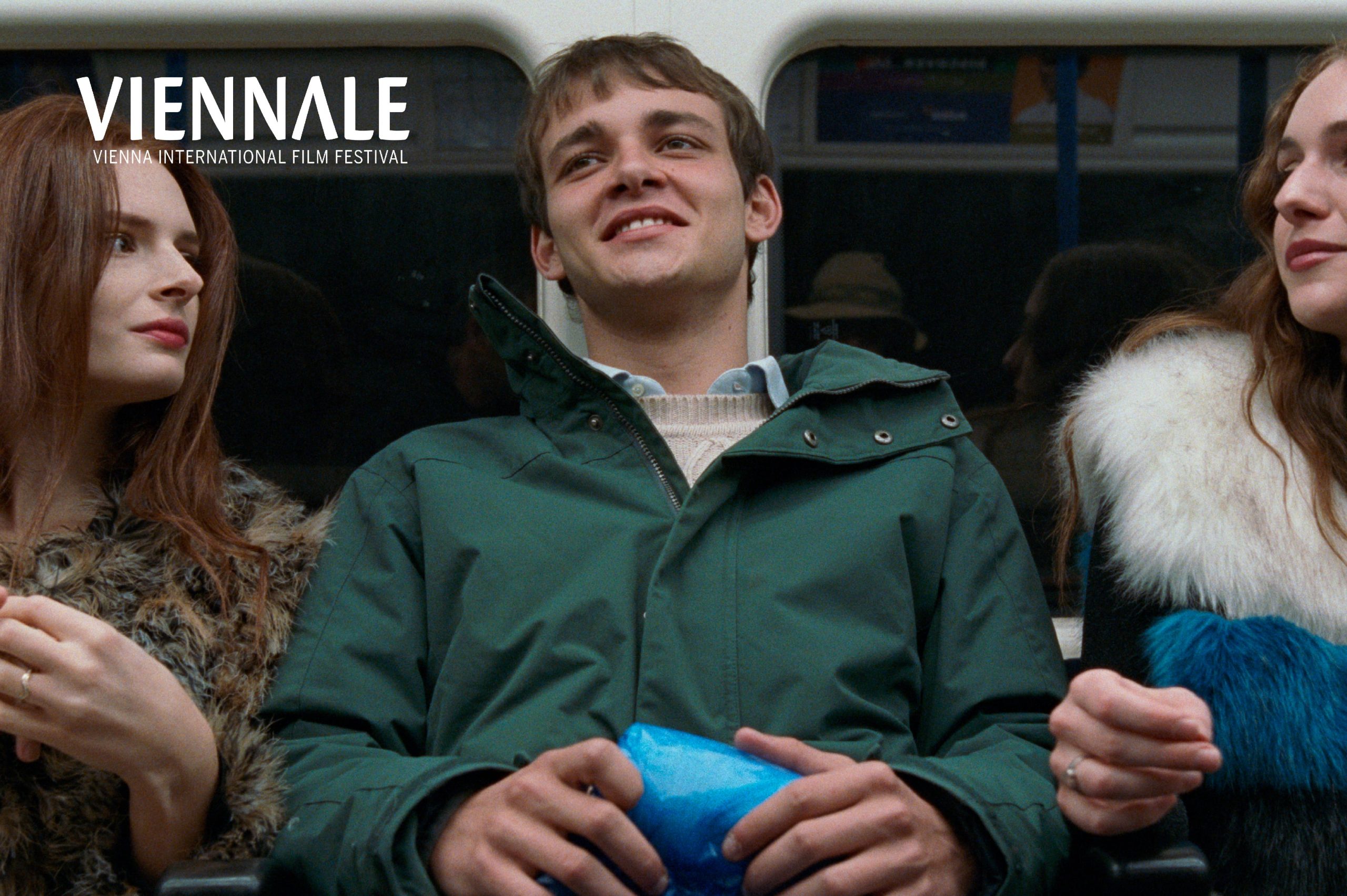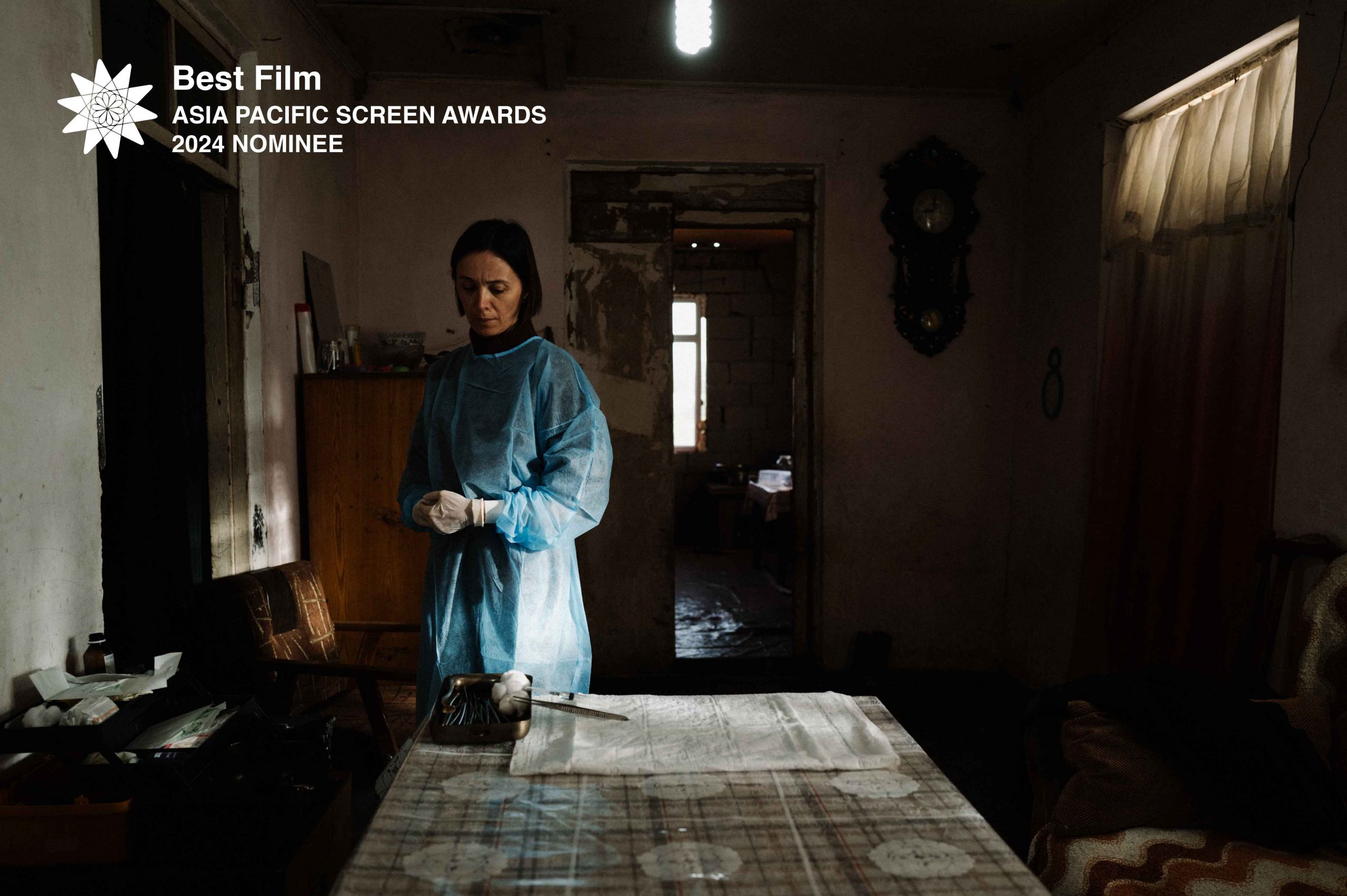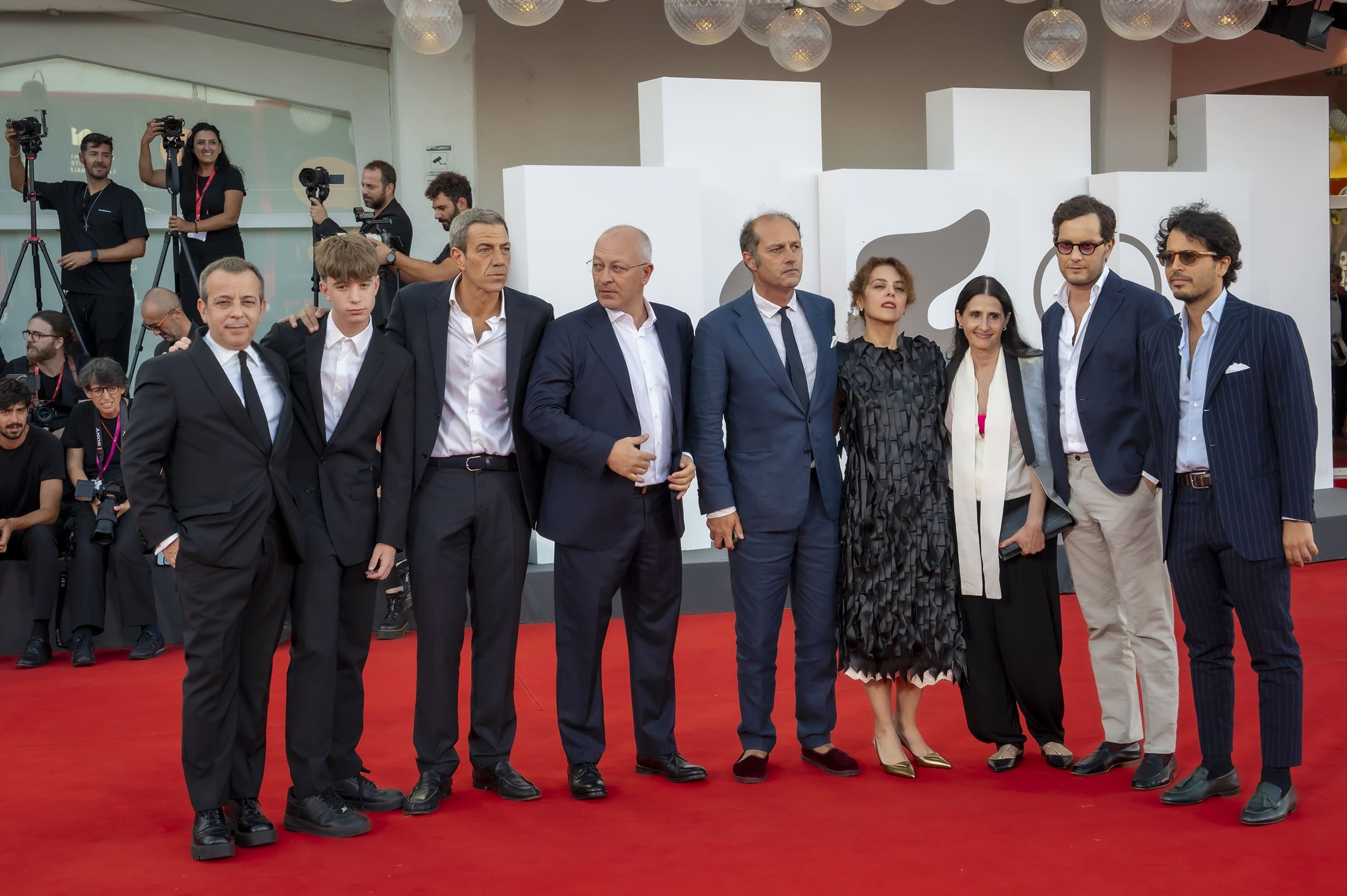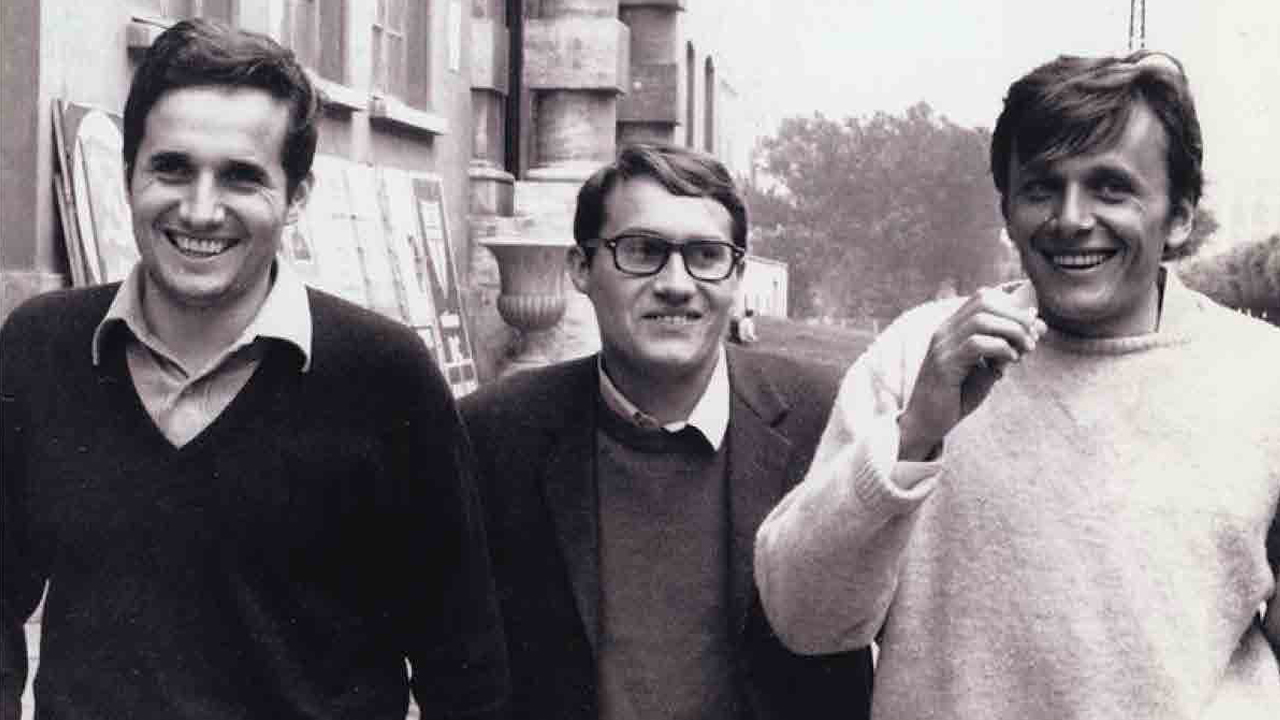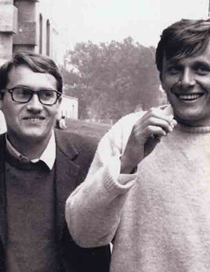NEWS
- 30 September 2021
The "Ecoset" project created by La Casa Rossa and Tenderstories for "Ghiaccio"

Film production involves work and therefore impacts on the environment, not only during the production phase, but also before and after the filming itself. These are obviously different activities, which induce different effects (in typology and entity), but which in their complexity and synergy must be on the one hand evaluated and on the other hand minimised with the implementation of a series of actions, measures, procedures and interventions that are part of a well identified and planned systemic approach.
In order to realise a truly “sustainable” film, it is necessary to set up and develop a virtuous process, conceived from the moment the film idea begins to take shape and be developed, and then applied on the set, during shooting and post-production. This gave rise to the idea and the need to find a solution, and the Eco Set project is the result, pursuing the development of a real model for the complete implementation of a “green” film production, starting from an initial pilot application and then updating it to create a model that can be repeated and scaled up.
WHAT ECO SET IS
Eco set is a new and innovative model for the production and realisation of films and more, and provides guidelines for making film sets eco-sustainable. The eco set was conceived and designed by La Casa Rossa and Tenderstories and can be defined as a “zero sample” and a starting point for the achievement of new standards applicable to the world of cinema and film production. The fundamental step is to train the staff and educate them on sustainability and respect for the environment around us, through controlled management of resources, limiting waste, applying proper differentiation of waste, limiting all those materials and tools with high pollution. La Casa Rossa and Tenderstories have experienced the result and the benefits of the Eco set, finding its application in the production of the film Ghiaccio by Alessio de Leonardis and Fabrizio Moro . This goal was reached on the Ghiaccio set thanks also to our partners who believed and invested in the project: Coni, Fastweb, Luiss, MakeGreen, Sant’anna, Renexia Recharges, a company of the Renexia Group. Companies already widely known for their constant commitment to “green” and that have provided concrete solutions for all those aspects of the set that have the greatest impact on the environment, such as food and beverage management, transport and energy use.
“Fastweb is delighted to support, together with CONI, an ambitious project that brings together two of Fastweb’s great passions, sustainability and sport. With this sponsorship we wish to support new models of environmental sustainability that we hope will be fully implemented due to their highly innovative characteristics”. Said Anna Lo Iacono, Senior Manager of Sustainability at Fastweb.
THE PROJECT STEMS FROM MANAGERIAL INNOVATION
The Eco set pilot project – which Luiss Business School has had the pleasure of observing and ‘accompanying’ from a scientific point of view – is the result of both managerial and social innovation. In fact, managerial innovation also becomes social when the solutions identified not only have the character of novelty in the field of business organisation and management, but also provide concrete answers to open questions that chara
cterise central issues for the society in which we live. This is the case with the Eco set project, where the innovative practice of a “green” film production model enables the creation of value in a sustainable way, while respecting an increasingly articulated and heterogeneous set of stakeholders. The growing awareness that the Eco set project brings to the film industry deserves great attention, and the hope that soon the pilot project of the film “Ice” can consolidate into an innovative practice as diffuseful as it is inclusive.
BIO-CATERING, BIO BOTTLE AND SUSTAINABILITY
“Within the production of the film Ghiaccio MakeGreen contributed to the Eco set project with the so-called Bio-Catering. What do we mean by Bio-Catering? Catering that uses only organic and fair-trade raw materials, meat from non-intensive farms, bio-compostable packaging, correct portions to avoid food waste, menus designed to have a minimum environmental impact compared to the standard menus we are used to on the sets”. Beniamino Giampaolo, CEO of MakeGreen, explained.
Acqua Sant’ Anna has always distinguished itself in eco-sustainable solutions: first of all the launch of Bio Bottle, the first 100% vegetable mineral water bottle, a special bottle produced with the Ingeo™ biopolymer of vegetable origin, which dissolves in less than 80 days in industrial composting sites. This revolutionary material has the same characteristics as synthetic material: the same lightness, strength and practicality without containing a single drop of petroleum, the same bottle used in the production of “Ice” while minimising plastic consumption.
“We joined this project because it convinced us from the start”. Andrea Porchera, Head of Institutional Relations of the Renexia Group, said. “At a time of general recovery and restart, we want to give a positive signal and contribute to this work carried out with special attention to sustainability. The idea of a low-impact set is in line with our philosophy of designing and managing energy systems from renewable sources with the utmost respect for the environment.
The invaluable contribution of the sponsors was decisive right from the early stages of the film’s conception and development, creating synergy and effective communication between departments during production. In this historical phase, the environmental crisis must remain a warning in everyday life; aware of this, La Casa Rossa has decided to manage the set of its first film and future ones, with a green outlook, in the hope that it will not be the only one, but on the contrary, an inspiration for other realities.
Diciannove: Giovanni Tortorici’s film hits theaters February 27
20 January 2025
Kordon by Alice Tomassini Now Available on Rai Play
31 October 2024

